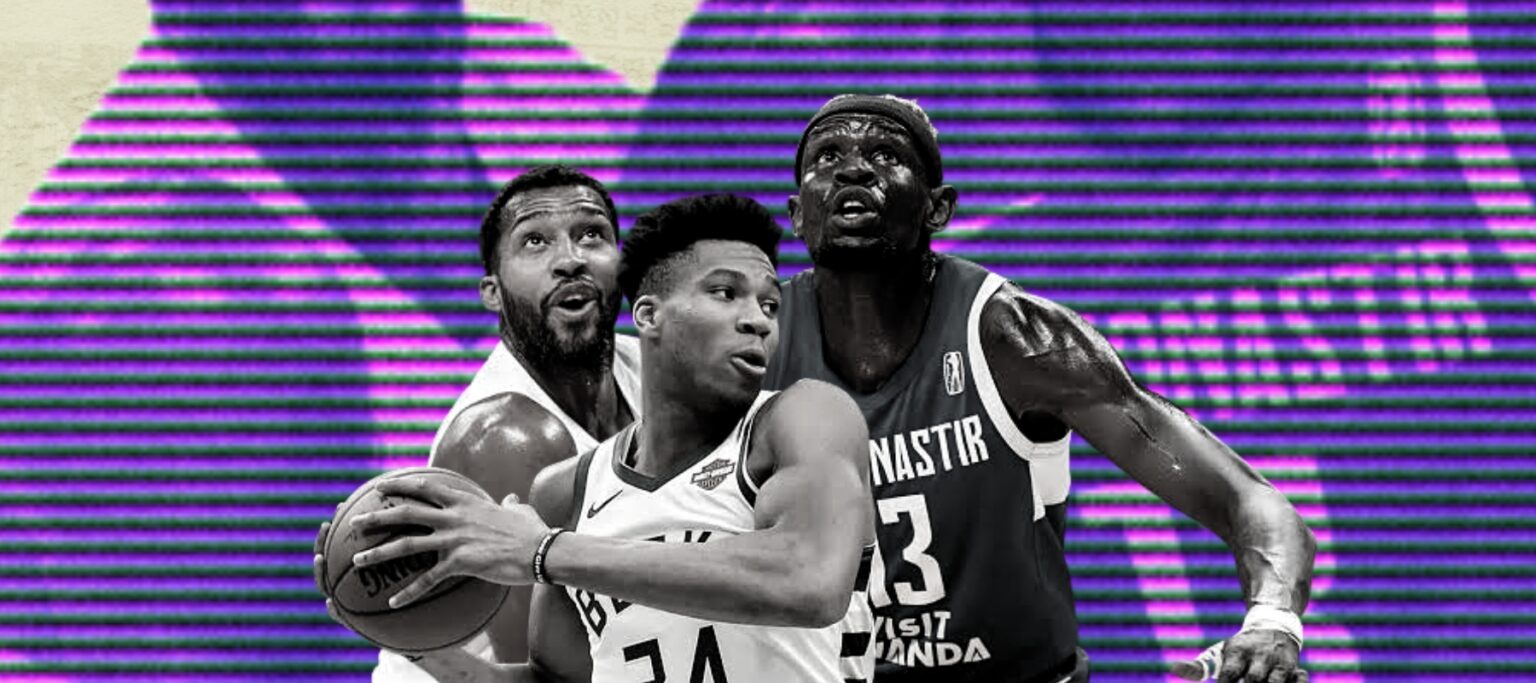The NBA is making a significant investment in Africa, far exceeding the efforts of other US professional sports leagues. The NBA has established a comprehensive program in Africa to develop basketball talent, ranging from a youth academy in Senegal to a professional league with teams in 19 countries.
In an interview, NBA Deputy Commissioner Mark Tatum acknowledged the NBA’s lead in Africa. “There’s no doubt” the league is far ahead of competitors, stating, “Just factually, we’re doing a lot more in Africa than anybody else.”
CHALLENGES FOR THE NBA
The NBA’s commitment to Africa is not without its challenges. Seven of the world’s 10 poorest countries are located on the continent. This poses a hurdle for a business model that relies on revenue from ticket sales, merchandise, and streaming rights.
The league has also faced criticism for its partnership with Rwanda, a country with a questionable democratic record. The BAL Championship is held in Rwanda, where, according to the US Agency for International Development, “concerns about democracy and governance remain.” These concerns include highly centralized political power, a lack of political opposition, a weak civil society, and limited media freedom.
Other leagues, such as the National Football League (NFL), Major League Baseball (MLB), and the National Hockey League (NHL), are also investing in promoting their brands and sports globally. The NFL has invested in an international series, playing games in London and Mexico City. The NHL has websites in multiple languages, driving significant online engagement according to Sports Business Journal.
In 2023, the World Baseball Classic, organized by MLB, drew high marks with 5.2 million viewers. Notably, Japan’s Shohei Ohtani, considered baseball’s biggest star, signed a record-breaking $700 million contract with the Los Angeles Dodgers this offseason. John Moag, chairman and CEO of Moag & Company, a sports investment firm, highlighted the substantial profits generated by Ohtani’s international marketability for the Dodgers.
“It’s all about growth, mainly revenue growth,” Moag said. “None of these leagues are going out and spending money if they don’t get any return… There will be losses, but they will want returns eventually.”
However, not all international ventures are successful. The NFL’s developmental league, NFL Europe, launched in 1989, folded after four years.
The NBA stands out among Western pro sports leagues in its dominance in Africa. While other leagues have made attempts at grassroots efforts, like the NFL’s international youth camps in Ghana and Kenya, the NBA has prioritized Africa as a key market.
“I do think the future [of professional sports] is international,” said Lindsay Krasnoff, visiting clinical assistant professor at New York University’s Institute for Global Sport.
Major League Baseball, which featured 264 international players in 2024, currently has no African-born players on active rosters. The NHL also has no presence on the continent.
MAKING BASKETBALL A SUCCESS
Several factors contribute to the NBA’s success in Africa. Unlike American football or baseball, which require expensive equipment, basketball is a relatively inexpensive sport to play. A basketball, a hoop, and a ball are all that’s needed to get started. The game’s rules are relatively easy to learn, and the skills needed to excel can be developed relatively quickly. Two African-born NBA stars, Joel Embiid and Hakeem Olajuwon, began playing basketball at the age of 15.
The NBA’s outreach in Africa began over 60 years ago, far ahead of other professional sports leagues. NBA Hall of Famer Bill Russell hosted basketball clinics in Africa to promote the game in 1959.
The late NBA commissioner David Stern’s 1993 trip to South Africa, where he met anti-apartheid activist Nelson Mandela, is another significant chapter in the NBA’s Africa story. Mandela, who later became the country’s first president, discussed the future of basketball in Africa with Stern. Tatum considers this meeting one of the most impactful of Stern’s career.
“Africa has always been a focus of ours,” Tatum said.
The NBA’s significant African portfolio includes the Basketball Africa League (BAL), the NBA Academy Africa in Senegal, and the NBA Basketball School in Egypt. In 2021, the league formed NBA Africa, encompassing 12 of the top club teams from 12 African countries. NBA Africa was valued at $1 billion in 2021, according to NBA Commissioner.
Checkout our sports column for riveting stories on the trending players, news and sports update.
